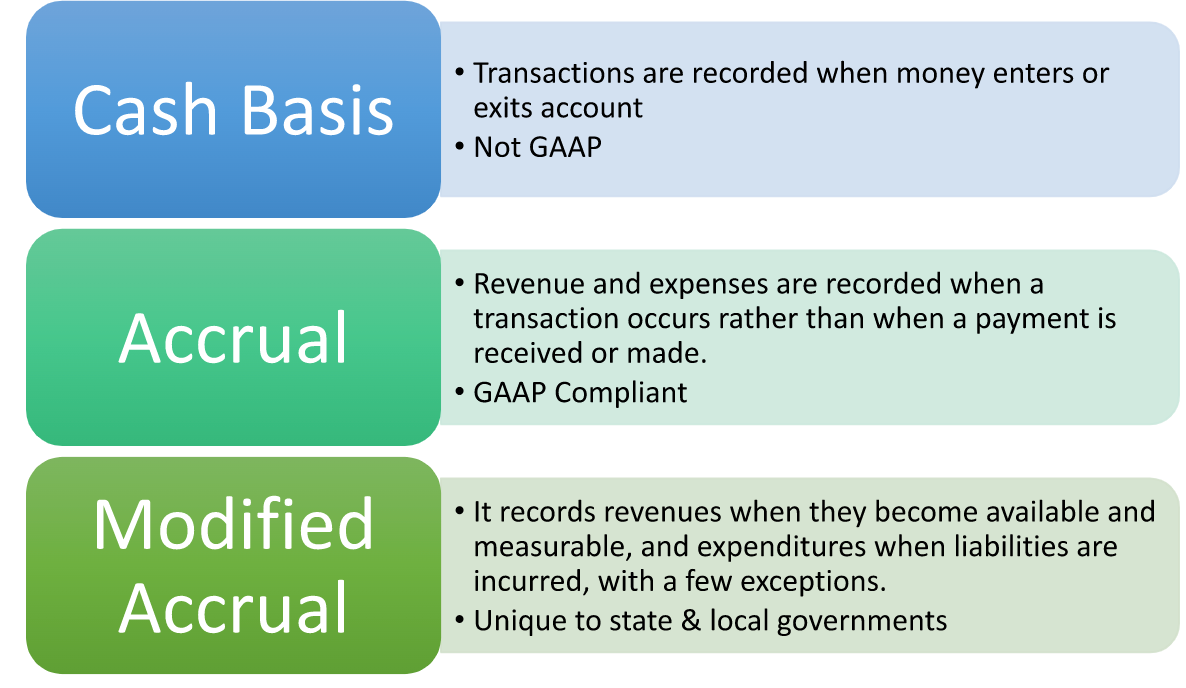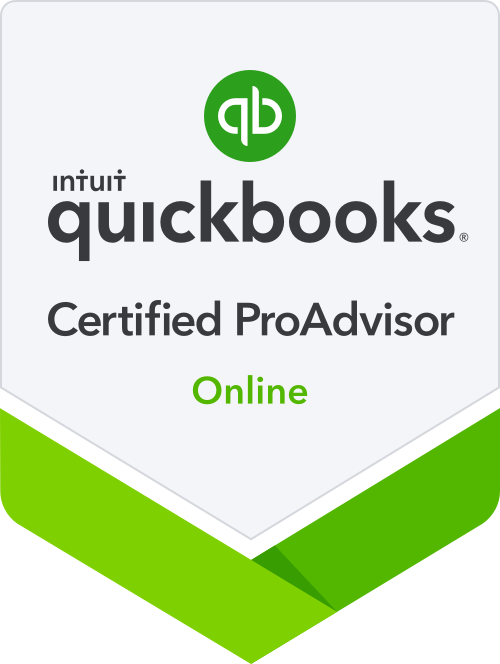Choosing the Right Business Structure
When it comes time to finally open that business you’ve been dreaming about, what structure should you choose?
Choosing the right business structure is one of the most important decisions you will make as it controls the way you are able to raise capital, how you will pay taxes, and what happens to your business if you decide to sell.

Sole Proprietorship/Single-Member LLC
The simplest and most cost-effective business structure is a sole proprietorship or single-member LLC. Both of these structures retain the same characteristics and will report any pay taxes on the individual return on Schedule C. This opens the door to self-employment taxes and limits capital raising activities.
In a sole proprietorship or single-member LLC, you can’t bring on additional partners as you are solely responsible for reporting all income or loss. This means that there is no succession planning and your children would need to form a new entity to continue doing business. These structures are most common for small businesses and entrepreneurs just getting started.
Partnership
Moving up the complexity scale is a partnership. Partnerships can be set up as multi-member LLCs as well. Unlike a single-member LLC or sole proprietorship, partnerships will file a separate business return on Form 1065. Since there are multiple partners, there is expanded access to capital from member contributions; however, the contributions and distributions from partnership funds must be according to an agreed-upon partnership schedule.
Additionally, partnerships are great if you aren’t planning on staying in the business long-term as you can easily be bought out or sell your shares in the business. Partnerships also give members the opportunity to leverage tax savings by taking a salary from the company and a distribution, reducing or eliminating self-employment taxes.
Corporation
S-corporations and c-corporations are the next two business entities. Corporations are more complex than a partnership but offer greater liability protection in the event of a lawsuit. S-corporations pass income down to the shareholders of the company, who report the income in a similar manner to a partnership, while c-corporations pay all taxes at the entity level.
Selling ownership in a corporation is also easier since c-corporations can have many shareholders and are generally a more liquid investment. Additionally, public corporations have the ability to raise capital for initial public offerings, making it a great option for businesses that need a large upfront investment to begin operations.
Nonprofit
Nonprofits are a less common business structure as it takes a great deal of effort and compliance to secure nonprofit status. One of the top benefits of becoming a nonprofit is the tax-exempt status for business operations; however, the business must meet rigorous qualifications to gain those tax benefits. Certain business types, such as politically motivated businesses, are disallowed from becoming a nonprofit, making other business structures more favorable unless the primary purpose of the business is for charitable reasons.
Summary
Each business structure retains unique characteristics and benefits, which is why choosing the right one is so important. Gordian Financial has been helping new businesses work through choosing the most beneficial structure for years.
For more information or to set up a consultation to go over your specific situation, reach out to a team member today.











